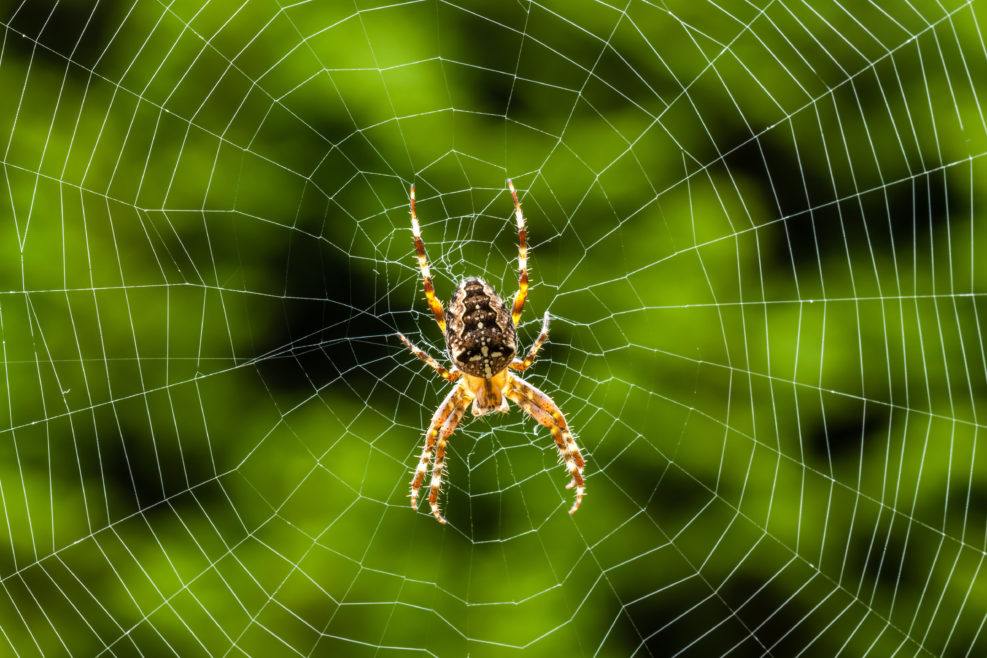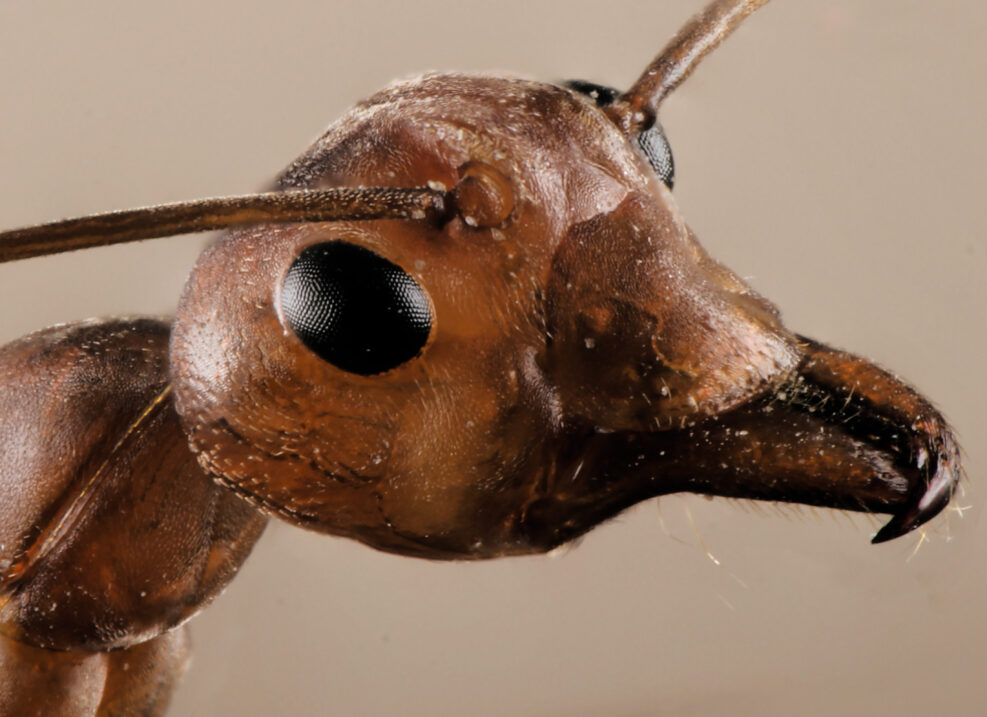
Spiders May Not Know It But They Are Making Music
An MIT researcher has developed an algorithm that translates the delicate vibrations of spider webs into musicOne of the presentations at the American Chemical Society’s Spring 2021 meeting featured an algorithm that makes music from the analysis of spiders’ webs: “The spider lives in an environment of vibrating strings,” says Markus Buehler, Ph.D., the project’s principal investigator, who is presenting the work. “They don’t see very well, so they sense their world through vibrations, which have different frequencies.” Such vibrations occur, for example, when the spider stretches a silk strand during construction, or when the wind or a trapped fly moves the web. Buehler, who has long been interested in music, wondered if he could extract rhythms and melodies of non-human origin from natural materials, such as spider webs. “Webs could be a new source for Read More ›


